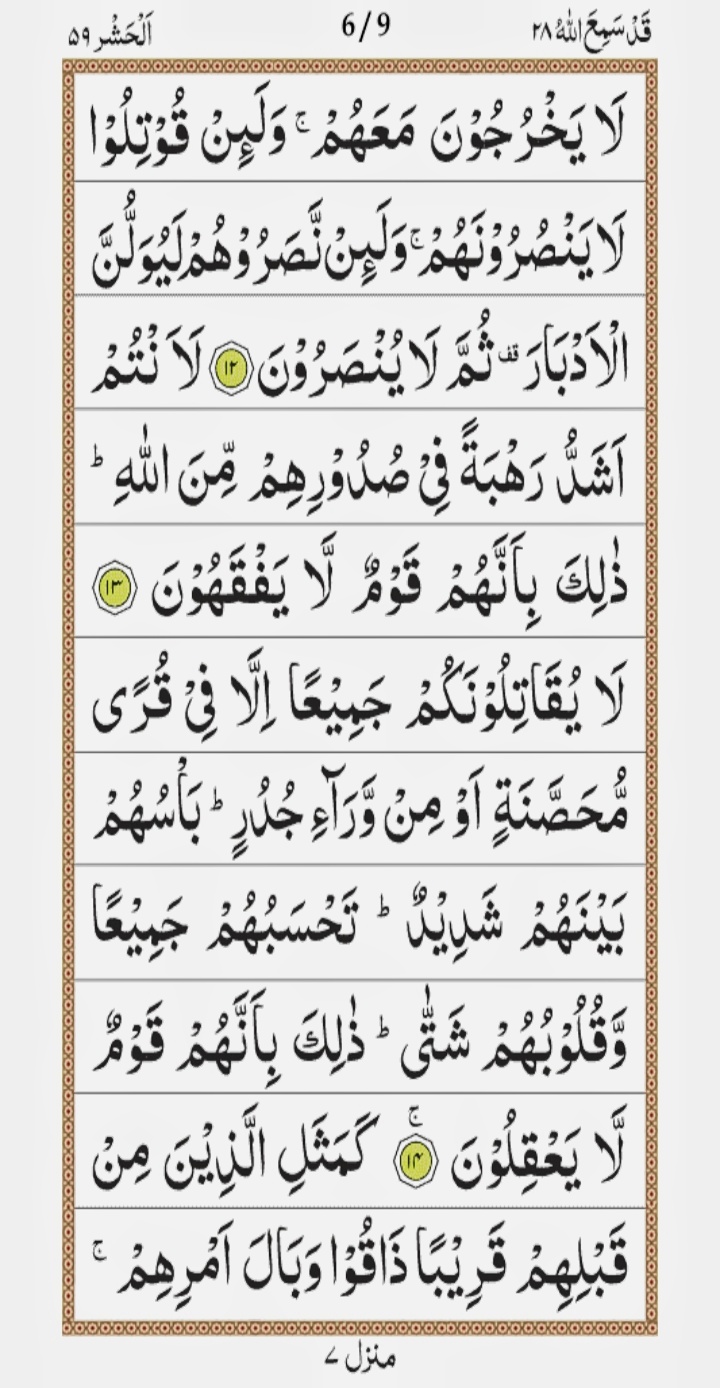

End quote.Īl-Hafiz Ibn Hajar said in Fath al-Bari (8/388): He was referring to the superiority of these surahs because of what they contain of stories of the Prophets (peace and blessings be upon them) and the nations.Īnd they were among the first surahs to be revealed at the beginning of Islam, because they are Makkan surahs, and they were among the first parts of the Quran to be recited and memorized. It was narrated that ‘Abd-Allah ibn Mas’ood (may Allah be pleased with him) said concerning Bani Israil (al-Isra), al-Kahf, Maryam, Taha and al-Anbiya: They are among the best of the earliest ones that I learned by heart. The following hadeeths about the virtues of Surah Taha are saheeh (authentic): Prophet (s.a.w) said “Whoever recites Ayat al-Kursi (verse # 255) after every obligatory prayer, then there is nothing between him and his entrance into Paradise except his death.” Īn-Nawwas bin Sam'an (May Allah be pleased with him) reported: I heard the Messenger of Allah (s.a.w) saying, "The Qur'an and its people who applied it, will be brought on the Day of Resurrection preceded with Surat Al-Baqarah and Surat Al-'Imran arguing on behalf of those who applied them.". Satan runs away from the house in which Surat Al-Baqarah is recited.". It was narrated from Hudhaifah that: The Prophet (s.a.w) recited Surat Al-Baqarah, Al 'Imran and An-Nisa' in one rak'ah, and he did not reach any verse that spoke of mercy but he asked Allah for it, nor any verse that spoke of punishment but he asked Allah for protection therefrom Ību Hurairah (May Allah be pleased with him) reported: I heard the Messenger of Allah (s.a.w) saying: "Do not turn your houses into graveyards. (7) "Guide us to the straight path, the path of those upon whom You have bestowed favors, not of those against whom You are angry, nor of those who are astray". (6) "It is You we worship and it is You we ask for help". (3) "Praise be to Allah, Lord of the Worlds." (4) "The Merciful, the Compassionate".

standing behind the imam (leader) listening to him reciting al-Fatihah. (1) Surat al-Fatihah, the first surah (chapter) of the Qur'an. And when he says: Ihdina s-sirata l- mustaqim, siratal ladhina an amta alayhim ghayril-maghdubi alayhim wa la d-dallin (7), He says: This is for My servant, and My servant shall have what he has asked for. And when he says: Iyyaka na budu wa iyyaka nasta in (6), He says: This is between Me and My servant, and My servant shall have what he has asked for.

And when he says: Ar-rahmani r-rahim (4), Allah (mighty and sublime be He) says: My servant has extolled Me, and when he says: Maliki yawmi d-din (5), Allah says: My servant has glorified Me - and on one occasion He said: My servant has submitted to My power. When the servant says: Al-hamdu lillahi rabbi l-alamin (3), Allah (mighty and sublime be He) says: My servant has praised Me. Someone said to Abu Hurayrah: we are behind the imam? (2) He said: Recite it to yourself, for I have heard the Prophet (may the blessings and peace of Allah be up on him) say: Allah (mighty and sublime be He), had said: I have divided prayer between Myself and My servant into two halves, and My servant shall have what he has asked for. On the authority of Abu Hurayrah (may Allah be pleased with him) from the Prophet (s.a.w), who said: A prayer performed by someone who has not recited the Essence of the Quran (1) during it is deficient (and he repeated the word three times), incomplete.


 0 kommentar(er)
0 kommentar(er)
